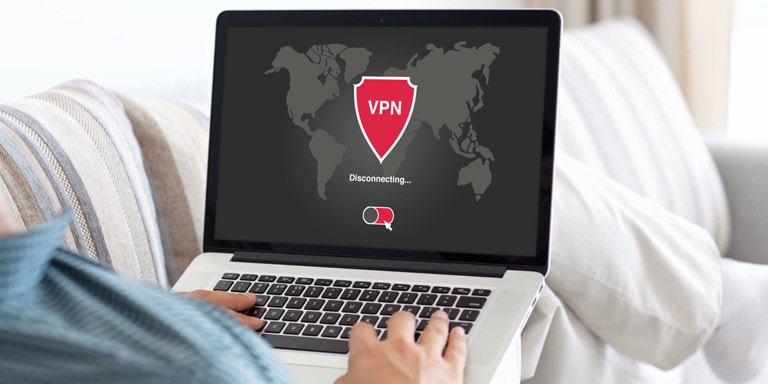VPN or Virtual Private Network allows you to communicate with an unsecured, unencrypted, and public network by establishing secure and encrypted routes. Its primary function is to redirect the data released by your computer and transfer them through servers in different locations than yours. This way, your IP address contacting the secured sites gets scrambled, and it is difficult to read and track it back.
Why is using a VPN important?
Today, the internet is accessed for various reasons and has greater usage than just data search. We are constantly using the best sites for online shopping, transacting money, and streaming videos. In all these activities, we share sensitive data that we cannot afford to get public.
Wireless connections are most vulnerable to hackers who use programs to decode your data and comprehend it easily. They can not only steal information, but also bug devices and steal your identity. With the right knowledge and tools put to the wrong action, they can get hold of all your information, right from the webpage you opened last to the pin of your debit card.
Therefore, it is a must for you to use a VPN and protect all your information from these hacks.
Can VPN protect your data?
A VPN operates on a very simple mechanism. It encrypts your data and scrambles the source so that no hacker can trace it back to your online activity. The truth is that digital space is very vulnerable, even when you are using the secured sites for shopping or taking every necessary step. So, VPN can come to your rescue.
In simple words, it creates a tunnel-like structure through which all your data and messages pass. No hacker, sniffer, or Internet Service Provider can penetrate this tunnel and access your information. VPN is a private network and can be used on all digital devices, from smartphones to tablets and computers. A VPN secures all your data from breach, thus keeping your pins, passwords, login credentials, and download information completely secure.
What is the difference between a proxy and a VPN?
While VPN works by altering the IP address of the user, it is often confused with a proxy. Proxy also has a similar function, but VPN is more advanced in terms of technical implication. A proxy does not encrypt your connection, so the data you send and receive over a network can still be stolen. This chance of interception gets higher if you are connected to a public network.
On the other hand, VPN operates on the encryption model, but it does not give you anonymity. The browser you access will still be able to identify your ID. This is why many people use a proxy server with a VPN to get the best of both worlds.
How can you securely use public WiFi if you cannot access a VPN?
If you are connected to a public network and cannot protect your data with a VPN, you can try these following quick tips.
- Do not leave your device unmonitored.
- Do not allow anyone to peep into your device and prefer sitting next to a wall.
- Always confirm with any staff or technical team before connecting to a network. Check the username twice and then only give it access to your device.
- Never change passwords or transfer money to someone over these networks.
- Do not access your emails or send out any sensitive information using this internet.
- Do not turn on file sharing with any other device on the same WiFi connection.
- Avoid entering passwords into any website.
- Do not leave your WiFi on if you don’t need to connect to any network.
I hope you learned something from this post. You are free to comment on it.




Leave a comment
Have something to say about this article? Add your comment and start the discussion.